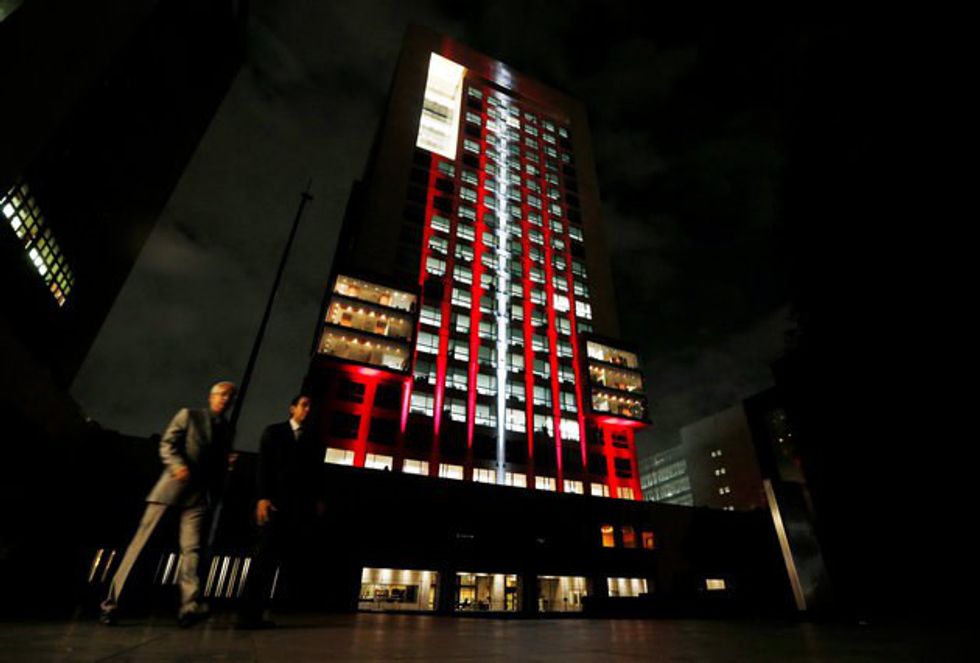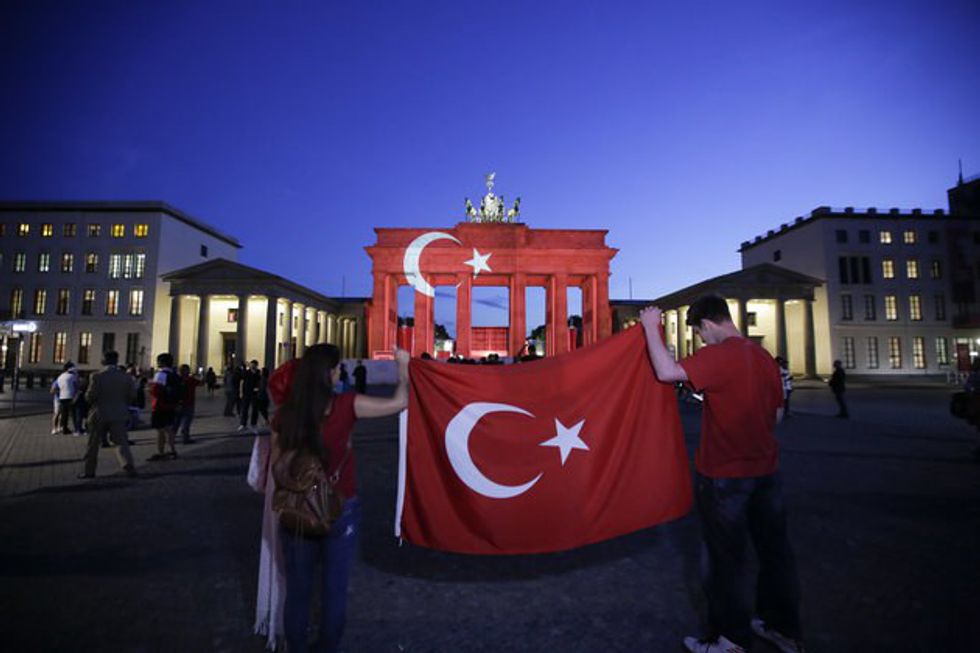I was exhausted. I was dirty. I was in the Amazon Jungle.
I had just gotten back to our riverboat after spending a sweat filled night in the Amazon jungle, sleeping in a woven hammock – my only protection from what lay below me on the jungle floor.
The sun was just peaking over the horizon and one by one, the small speed boats brought my friends and fellow travelers back to Esperanza (I named the boat that. It seemed to fit.) We were all in need of a warm breakfast and a cold shower, neither of which were coming until we were back in civilization.
Drinking my room-temperature coffee, I began to relax. I suppose not having to worry about what might eat me in the jungle was a plus. Everyone around me was recapping their nights and all that had happened to them in such a short time.
Somehow, people were getting cellular reception (despite being at least eight hours from any civilization.) Some were texting with loved one’s back home, others were checking the scores of their school’s last football game. The mood was relaxed and the breeze blowing in from the west was cooling all of us off.
As I began to doze off my friend sitting next me suddenly gasped, dropping her phone to the ground, almost off the boat itself.
“The was an attack in Paris last night,” she said, in between the gasps coming from all of us surrounding her. “ISIS is claiming responsibility.”
How? When? What? Where? Who? How many?
The questions seemed to echo around the boat as others began to receive notifications on their phones. This was not a joke; this was an attack on a group of innocent citizens.
The news of the attack some how found its way to a tucked away corner of the Amazon jungle, to a group of college students.
I felt helpless, I couldn’t do anything to change the situation. Maybe that's the way the citizens of Istanbul are feeling right now, helpless. With the recent attacks in Turkey and three other Muslim cities, there has been little to no media coverage, unlike the Paris attacks of last year.
I doubt the news in Istanbul would’ve reached the Amazon.
Once again there was a relative media silence in response to a deadly attack on a predominantly Muslim country.
While there was an outpouring of international solidarity following last year’s attacks in Paris, which killed almost 130 people, and March’s attacks in Brussels, which killed more than 30, the media response to the suicide bombing on Istanbul’s Ataturk airport on Tuesday, which killed 41 and injured another 239, was decidedly less impressive.
Only a handful of countries paid tribute by lighting up buildings or monuments in Turkish flag colors:
The Empire State Building remained dark on Wednesday night, but the World Trade Center, which lit up in Belgium’s and France’s flag colors after their attacks, did not light up in Turkish colors. The Eiffel Tower was supposed to be lit up in Turkish colors Wednesday, but due to a technical difficulty the tribute was rescheduled.
To be frank, the absence of vigils honoring the dead was astounding.
The Union of European Football Association said it would not hold a moment of silence during the Euro 2016 quarterfinals because Turkey had already been eliminated.
Facebook turned on its safety check feature, which allows users to mark themselves as safe during a crisis, it did not provide a filter that let users easily modify their profile picture with an overlay of the Turkish flag, as they did with the French flag after the Paris attack.
A Facebook post that went viral after a deadly bombing in Ankara, Turkey’s capital, in March highlights the disturbing reality that the outpouring of support in the wake of an attack in Turkey was significantly more muted than both Paris and Brussels.
The author of that post, James Taylor, asked readers to think about the victims being “people you see everyday on your way to work, people just like you and I, normal people.”
























